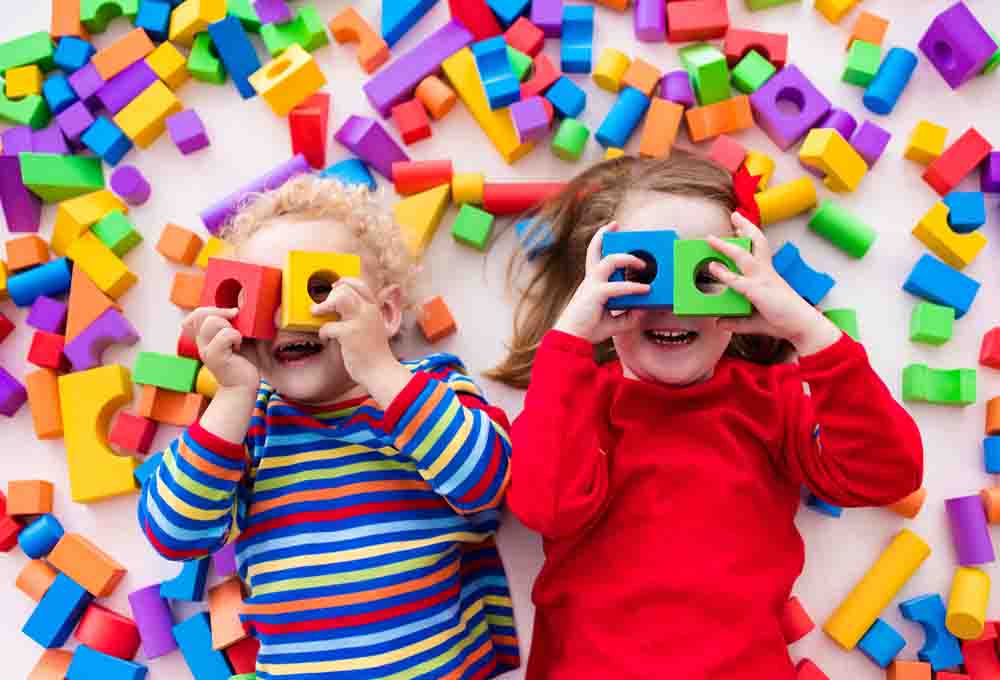Generally, words like goal, structure, and organisation are commonly used in the corporate world, but now they are a part of everyone’s life. Children’s lives are not an exception, and their childhood and playing too get structured and organised very early in life.
Research shows there are many benefits of play-based learning which contribute to their social, intellectual, cognitive, and emotional development. Yet most classroom environments are often devoid of it. Children psychologists stress on the need to incorporate play into classroom activities.
Reasons For Lack of Play-Based Learning
There are deep-rooted fears, misconceptions, and unwillingness to take additional responsibility that explains the lack of play-based activities in classrooms.
- The possibility of children creating a noise and mess while playing in the class.
- Need to provide space, materials, time, and a range of activities.
- The extra effort involved in generating ideas to kindle children’s curiosity while playing.
- Fear of losing control over the classroom as children talk, laugh, and move around.
What Is Play-based Learning?
Play-based learning is learning while at play but is distinct from the broader concept of playing. While a child plays, you do not look at it as a learning activity. However, in the case of play-based activity, learning is fundamental, and play becomes a way of learning. In the process, children develop a variety of developmental, emotional, and social skills playfully. They explore, discover, imagine, play roles, experiment, and solve problems as well.
A well planned play-based programme encourages children to direct the play in their way with the enabling environment that the teacher creates. However, in a teacher-guided play, there is always some level of teacher guidance or involvement to introduce and extend additional learning opportunities for the children.
Benefits of Learning through Play
Play-based learning helps children becoming self-oriented, involved, and confident learners. This helps them a great deal during their adult life. It enables them to navigate various learning areas with ease; building, and exploring seamlessly. They are better equipped to easily interact with the wider world outside the environment of their home and classroom,
Thinking Skills
Play-based activities in childhood lay the foundation for thinking and analytical skills required at various levels during adult life. These skills vary from person to person and include the ability to analyse, discover, create, evaluate, apply knowledge, synthesise, etc.
Interpersonal Skills
While learning through play, students need to interact with their peers. These interactions are valuable as tools to develop social and emotional competencies like adjustment, cooperation, collaboration, empathy, language learning, listening, and improvising.
Intrapersonal skills
All play-based activities make children happy about whatever they are engaged with. It creates confidence, concentration, perseverance, self-esteem, and deeper involvement in learning. The best part about play-based learning is that all this learning happens effortlessly and in a fun way.
Smooths the Transition to School
Early childhood education through play prepares children to adjust to the entry into school with ease and without disruption. A seamless transition to the school environment helps the child to adapt to the new environment and teacher quickly.
A Fresh Look at Play-Based Learning
- Intrinsic motivation is a significant benefit of play-based learning for children. It eliminates the need for rewards as an attraction point to do something.
- Learning through play focuses on creating the trait of motivation to learn. It works as a backbone for learning in future life.
- Research studies have found a connection between play and development of the brain in early childhood. Children pretend and enact various roles through play, which prepares them to meet real-life situations in their adult life. In a way, play-based activities provide a platform to practice various life skills.
If you want to know more about pre-schooling at Clovel Childcare and Early Learning Centres, don’t hesitate to get in touch with us. Just give us a call at 02 9199 0294 or fill in this contact us form.
Thanks for reading,
Clovel Childcare
1300 863 986












